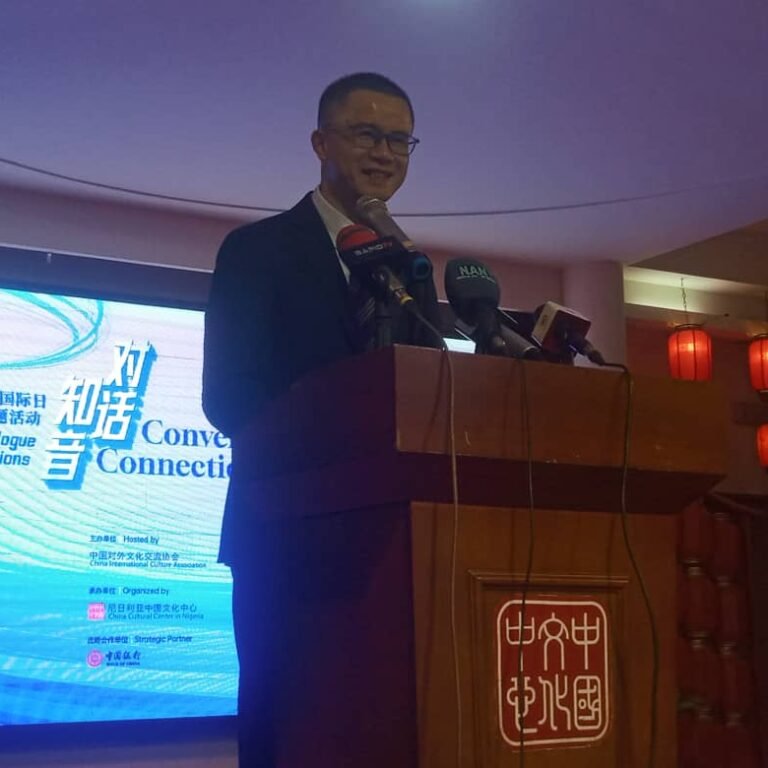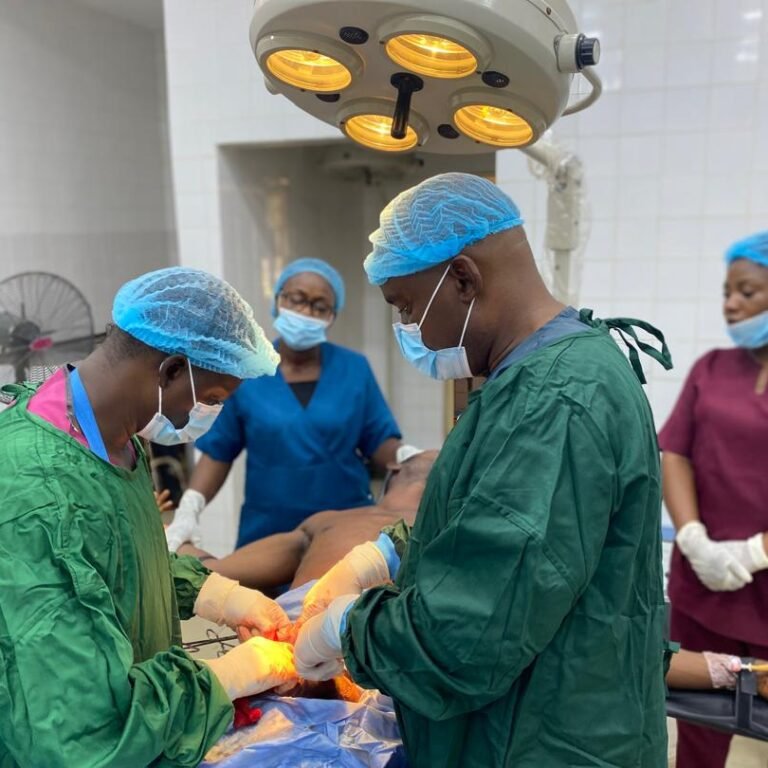
By Ame Gabriel
The Commandant of the National Defence College (NDC), Rear Admiral Olumuyiwa Olotu, has emphasized the urgent need to strengthen the capacity of stakeholders in countering the financing of terrorism as part of efforts to address Nigeria’s security challenges.
Speaking on Monday at the inauguration of the Countering the Financing of Terrorism and Regional Security Course 1/2025, organized by the NDC’s Centre for Strategic Research and Studies (CSRS) in Abuja, Olotu described the issue as central to the country’s national and regional security.
According to Olotu, Nigeria is facing a critical moment, with the national, regional, and global security environment under siege from the scourge of terrorism.
“This threat continues to pose significant challenges to governments and the international community, particularly in West Africa and the Sahel region,” he said.
The commandant noted that research has consistently shown that one of the most resilient enablers of terrorism is the complex and often clandestine network of financing that fuels extremist recruitment, logistics, operations, and expansion.
“Countering the financing of terrorism is not just a financial or legal obligation but a vital component of our broader national and regional security strategy,” Olotu stressed.
He highlighted that the course offers a unique opportunity to demonstrate Nigeria’s commitment to building the capacity of the Armed Forces, security agencies, intelligence community, law enforcement, and relevant ministries, departments, and agencies (MDAs).
Olotu called on participants from both the public and private sectors, including financial institutions, to work together in tackling terrorism financing in Nigeria and the wider West African region.
He added that the course reflects the NDC’s longstanding commitment to providing strategic-level training and policy-oriented research that directly addresses pressing national and regional security concerns.
“This course marks a significant milestone in the collective effort to strengthen national, regional, and global counter-terrorism strategies, particularly in countering the financing of terrorism,” he said.
In his remarks, the Provost of the CSRS, Professor Adams Ahmed, said the course recognizes that terrorism has evolved into a transnational crime deeply intertwined with organized crime, illicit financial flows, cyber threats, and regional instability.
Ahmed explained that terrorist networks’ ability to fund their operations remains a critical driver of their resilience and survival.
“Disrupting these financial lifelines is a strategic priority for national security in Nigeria and regional stability in West Africa and the Sahel,” he said.
Ahmed pointed out that groups such as Boko Haram, the Islamic State West Africa Province (ISWAP), and Al-Qaeda have exploited diverse funding channels, ranging from kidnapping for ransom and illegal mining to new financial technologies and informal transfer systems.
“These activities not only finance terror but also erode governance, cripple economies, and threaten the very fabric of our societies,” Ahmed warned.
He stressed that terrorist organizations’ ability to recruit, equip, and operate is closely linked to their capacity to generate, store, and transfer resources—often beyond the reach of conventional counterterrorism measures.
Ahmed also underscored the importance of active participation by commercial banks and their executives in efforts to block terror funding, noting this as a critical step toward weakening terrorist networks in Nigeria and the region.








